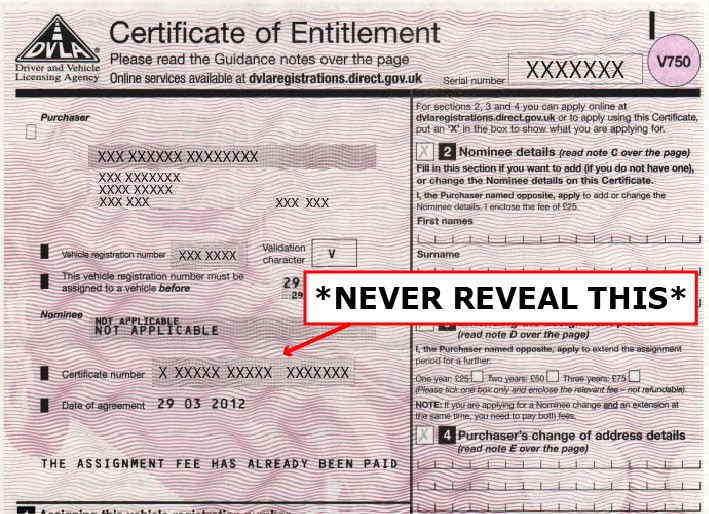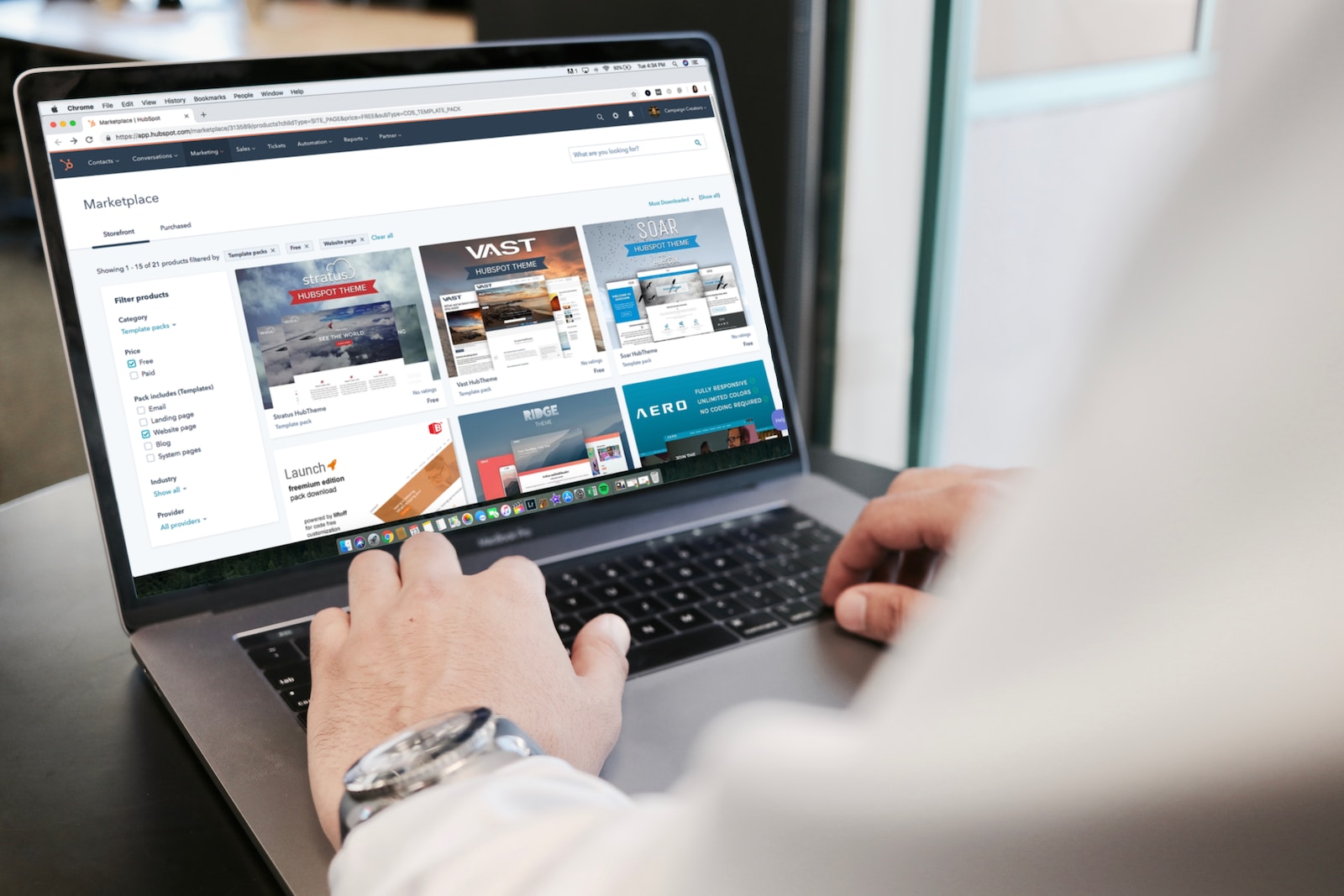Experts are sounding the alarm for motorists to exercise caution when engaging in the buying and selling of personalised registration plates on social media platforms, as the surge in scams puts them at significant risk.
Motorists who list their UK private plates for sale on social media buying and selling platforms are increasingly falling victim to fraudulent schemes, resulting in potential losses of hundreds or even thousands of pounds.
Plates4Less, an arm of VRM Swansea dedicated to private number plate transactions, has laid bare the top three scams and provided a comprehensive guide to aid motorists in shielding themselves from potential exploitation.
There are three predominant scam types to be vigilant against:
- A legitimate buyer posts a ‘wanted’ advert. In response, a scammer offers an enticing deal and conducts the transaction privately. Unfortunately, the buyer never receives the promised plate and ends up losing their money.
- A swindler masquerading as a buyer convinces a seller to send over their ownership certificate before any payment is made. Once they have the certificate, the scammer disappears, and the transaction remains incomplete.
- Scammers list items for sale that they do not legally own, often relying on someone else’s proof of ownership to substantiate their claim.
Plates4Less, situated in Swansea, is an establishment dedicated to aiding clients in the acquisition and sale of private number plates across the UK and Northern Ireland.
Antony Clark, the Marketing Manager at Plates4Less, cautioned, “We’re continually hearing about cases resembling these, and they seem to be proliferating. Buyers should exercise extreme caution and ascertain the legitimacy of the seller’s ownership of the registration mark before parting with their money.
“We would recommend attempting to finalize the transaction in person, if feasible. If a deal seems too good to be true, it’s likely just that,” he emphasised.
The escalation in these fraudulent activities can be attributed in part to shifts in government processes, enabling anyone possessing a valid certificate number to promptly assign the corresponding registration mark to their vehicle. The individual does not necessarily need to have a direct association with the registration mark. Consequently, innocently posting a certificate online or becoming a victim of email hacking exposes one to significant risks, as scammers can exploit or sell the information.
Many individuals who fall victim to private number plate theft only discover the crime much later, when they attempt to use the registration mark and realise it has been reassigned to another vehicle.
Plates4Less has proffered these protective measures for private plate owners:
- Never share images of certificates online.
- Safeguard physical documentation in a secure location and verify its validity every six months.
- Keep a vigilant watch on emails to ensure that online accounts with the DVLA, which store plate details, have not been compromised by scammers.
- Opt for reputable businesses when selling or valuing a number plate. It is prudent to review their ratings on third-party platforms.
Antony added, “For the safety and assurance of both parties, we endorse utilising a trusted and fully registered intermediary like Plates4Less for secure fund and goods transfers. We offer a safeguarded and pleasant experience for both buyers and sellers. Every participant is well-informed, confident in their transactions, and can expect to receive their purchased items at the right price.”







